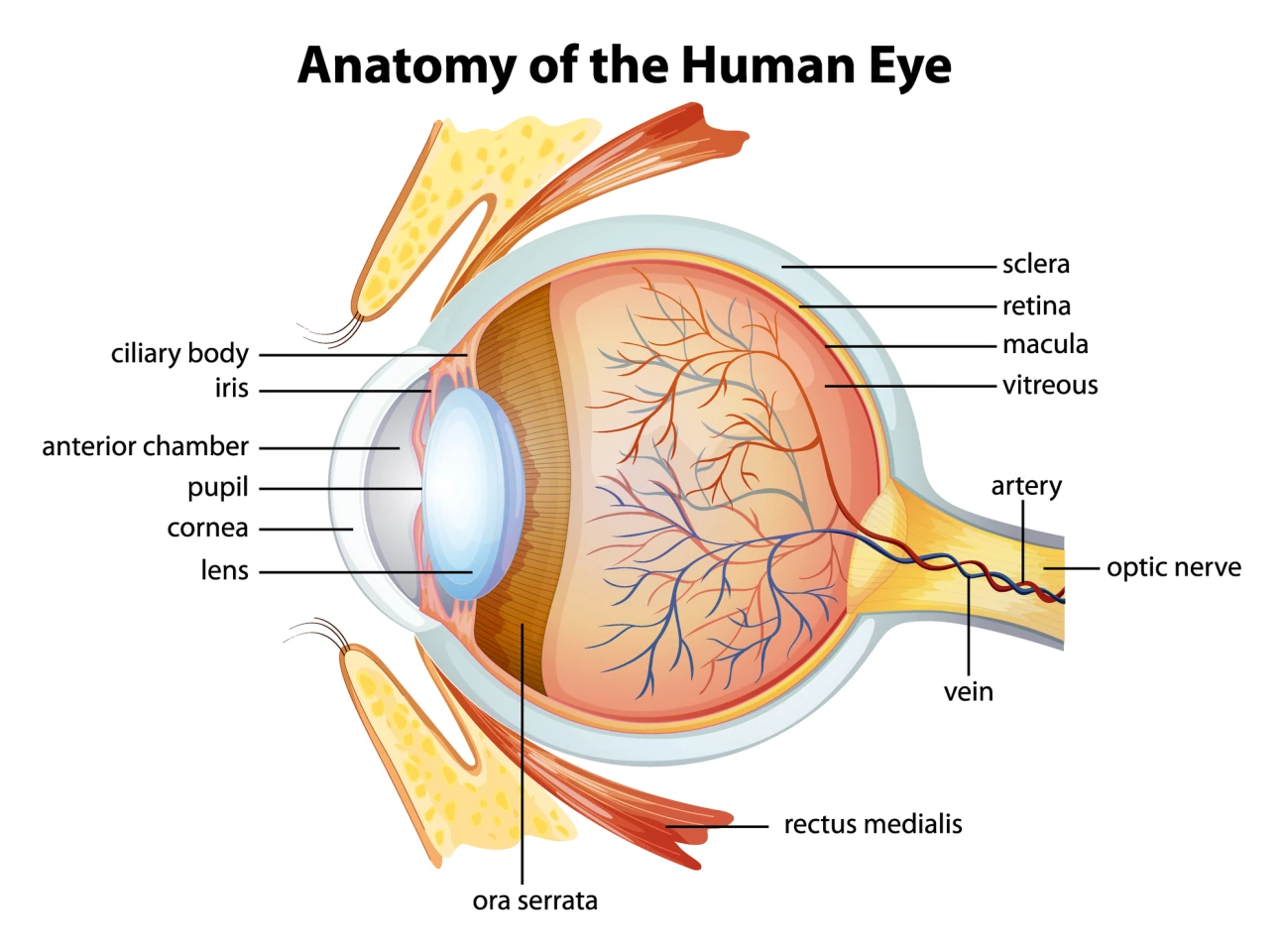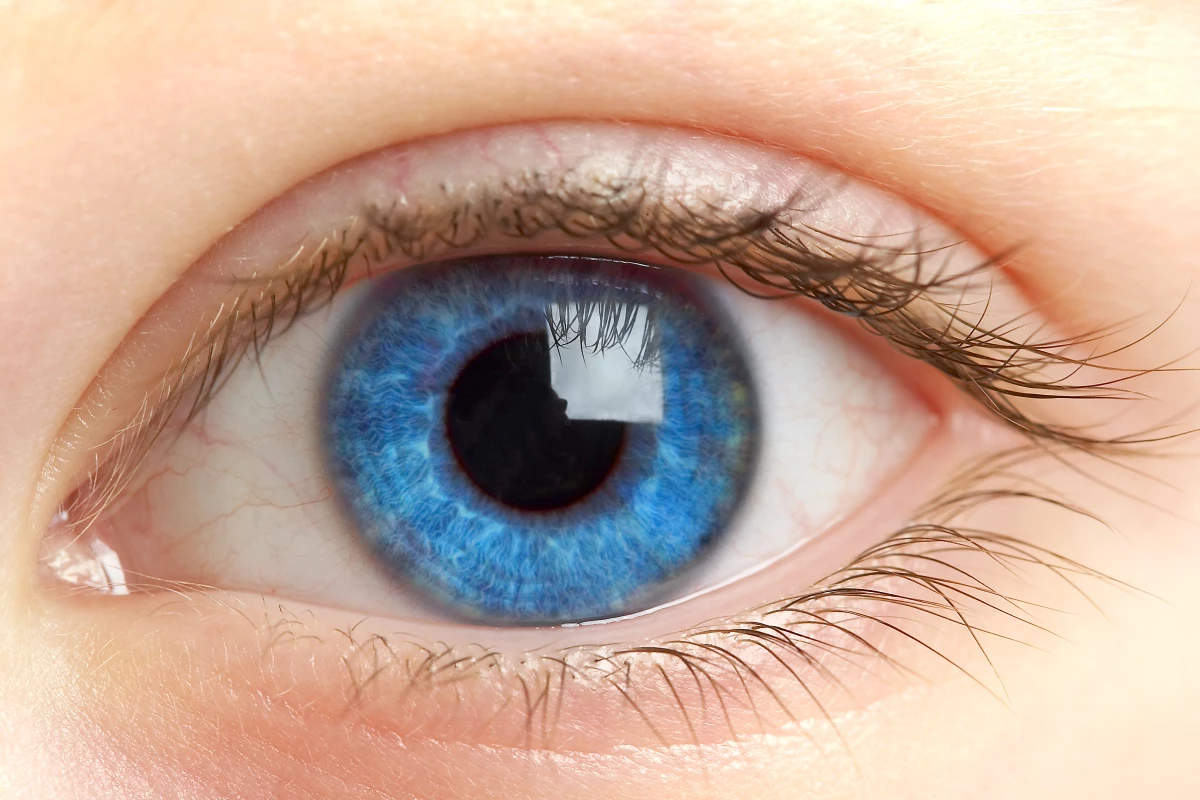The first FDA-approved eye drops to treat age-related blurry near vision (presbyopia) has gone on sale in the US, offering a potential alternative to reading glasses for the estimated 128 million Americans affected by this common condition.
As we age, our lenses begin to harden, with the result being that it begins to take more and more effort for our eye muscles to squeeze them into different shapes to change their focal point. So we start squinting to see, or holding things at arm's length to read them; "reading with my [crotch]," as my grandpa used to say in slightly more florid language.
Presbyopia is a normal part of the aging process, and the first time you look at yourself in the mirror with reading glasses on is an excellent reminder to get your affairs in order. But a new eye drop medication promises to stave off that inevitability a little longer.
New prescription medication Vuity is administered once daily to the eyes, and its active ingredient pilocarpine is designed to stimulate the eye to reduce its pupil size, an effect which should last most of the day. Reducing the size of the pupil, as any photographer who's ventured out of automatic mode will attest, increases the depth of field of an image, meaning that more of it should look sharp wherever the lens is focused. It's the reason why pinhole cameras give you sharper images than hole punch cameras.

In Phase 3 human studies, run on 750 individuals aged 40-55 with presbyopia, patients using Vuity were found on average to be able to read an extra three or more lines on an optometrist's vision chart "in mesopic (in low light), high contrast, binocular Distance Corrected Near Visual Acuity (DCNVA), without losing more than 1 line (5 letters) of Corrected Distance Visual Acuity (CDVA) at day 30, hour 3, versus placebo."
Of course, reducing the iris size has another effect: it reduces the amount of light coming in. This doesn't necessarily mean the world will look darker to you with Vuity eyedrops in. Much like a camera, the human eye can adjust its sensitivity. "Under bright sunny skies the human eye has an effective ISO of about 1," writes Allen Weitz for B&H, "and under low-light conditions an ISO of about 800. It's also worth mentioning the contrast range detectable by a typical human eye under brighter lighting conditions is in excess of 10,000 to 1, which blows away any camera/lens combination, film or digital."
So for most purposes, Vuity users shouldn't notice the world becoming a darker place – although the company does recommend against driving at night while using it, or "performing hazardous activities in poor lighting." Side effects including headaches and eye redness affected less than 5 percent of subjects in the trial, and none of the cohort experienced any "serious adverse effects." It's possible to use with other eye drop medications, provided you apply them five minutes apart.
Vuity manufacturer Allergan says that while the drops improve near and intermediate vision, they won't impact distance vision – and they are less likely to be helpful past the age of 65.
Source: Abbvie / Allergan







